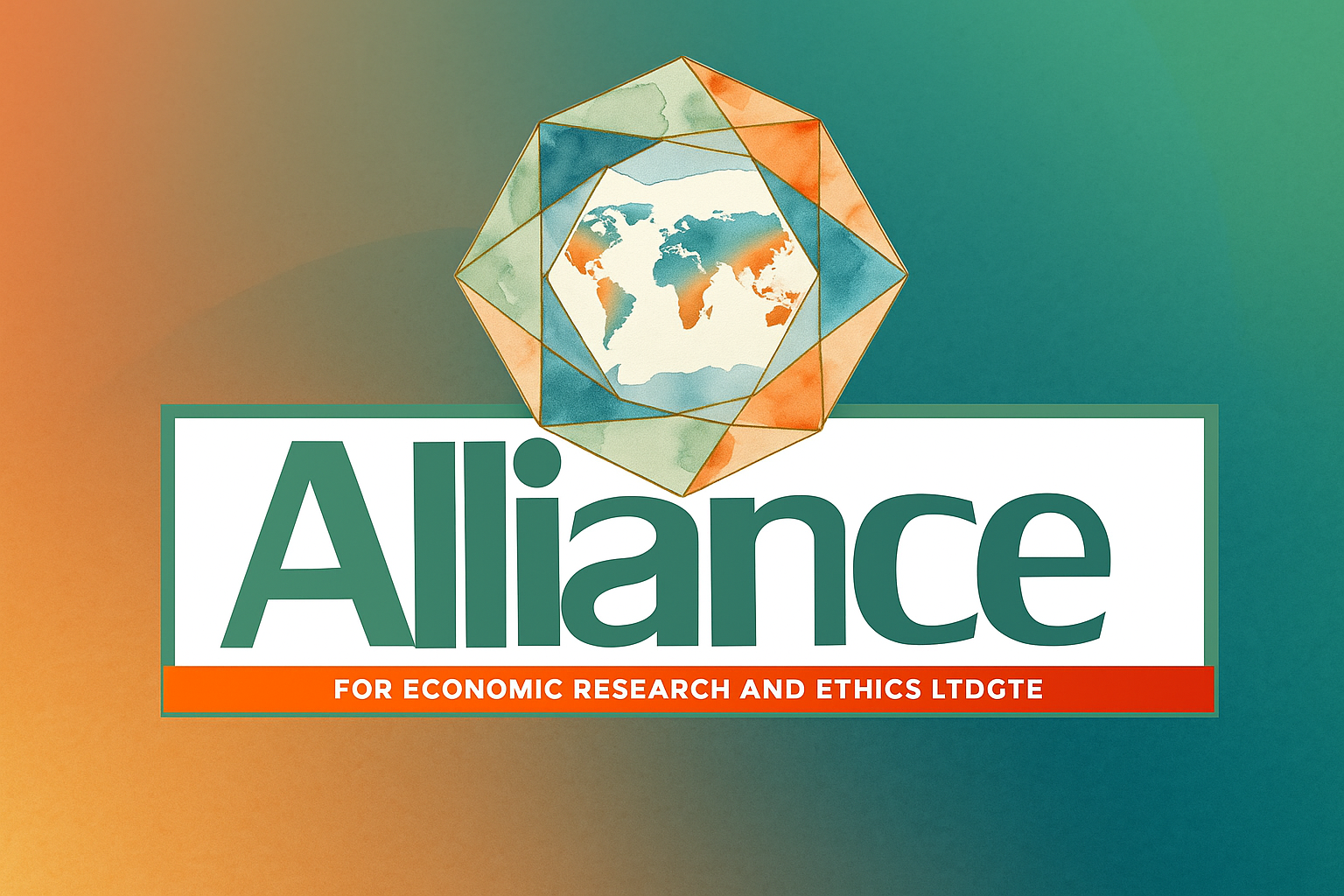
- September 26, 2025
- Admin
- 0
Rethinking the Interest vs. Exchange Rate Debate Amid Nigeria’s Controversial MPR Cut
The Central Bank of Nigeria (CBN) recently trimmed its Monetary Policy Rate (MPR) from 27.50% to 27% after months of a sustained high-rate regime. Many blame high interest rates for stifling long-term investment and hollowing out legacy manufacturing. Our analysis suggests that while the CBN bears some responsibility, it is not solely to blame.
The CBN is navigating an exceptionally complex macroeconomic environment. The CBN Governor’s measured restraint is notable, yet an excessive reliance on the interest-rate instrument to fight inflation has produced unintended adverse effects. This raises a critical question: which lever matters more for inflation control — interest rates or the exchange rate?
Evidence points decisively to the exchange rate. Stability in the foreign-exchange market has been the principal driver of the recent disinflationary trend; interest-rate hikes have had marginal effect by comparison. Our conclusion: the CBN has achieved its better outcomes chiefly through exchange-rate management. If there is an economic elixir, it is exchange rate stability — repeatedly.
The policy lesson is clear: Nigeria’s problems are fundamentally structural. Monetary policy is necessary but not sufficient. It cannot substitute for sound governance, disciplined fiscal management, or legal and constitutional reforms that shape public-sector incentives. The recent episode should prompt a rebalancing of policy levers and the entrenchment of FX and fiscal stability as preconditions for sustained inflation control.
Government borrowing for long-term projects is legitimate and necessary. But the CBN can help protect the private sector by imposing sectoral limits and a robust risk-management framework on public borrowing. For example, reserving 40% of banking assets for private-sector lending would force the public sector to source financing at market rates for up to 60% of banking resources, reducing crowding-out and preserving access to credit for the private sector.
The current sustained disinflation is largely the result of exchange-rate policy rather than high interest rates. Exchange-rate stability soothes inflationary pressures more effectively than punitive borrowing costs. That said, the CBN rightly deserves credit: prudent monetary stewardship underpins FX stability. Even the recent “Dangote refinery effect” owes much to the government’s naira-for-crude arrangement and sensible exchange-rate management.
We therefore urge the government to prioritise foreign-exchange reserves accretion and disciplined FX management. We remain committed to supporting the CBN’s dual mandate: balancing growth with inflation control. Equally essential is CBN vigilance over fiscal discipline — the cornerstone of any credible path to single-digit inflation.
For durable macroeconomic stability, ongoing cooperation between the CBN and the Ministry of Finance is imperative, anchored in sustained economic diversification, especially in the non-oil sector. The Alliance for Economic Research & Ethics LtdGTE stands ready to support pragmatic reforms that sustain macro stability while restoring and expanding Nigeria’s industrial and investment base.
About The Alliance for Economic Research and Ethics (AREET) LTDGTE: The Alliance for Economic Research and Ethics (AREET) LTDGTE is a Nigerian non-profit working to strengthen both the private and public sectors in Nigeria. It achieves this by conducting independent evidence-based research, advocating for sensible policies, providing regulatory support for businesses, bringing stakeholders together, and promoting transparent ethical reforms to improve Nigeria's "Ease of Doing Business".
